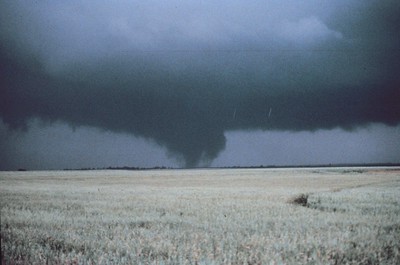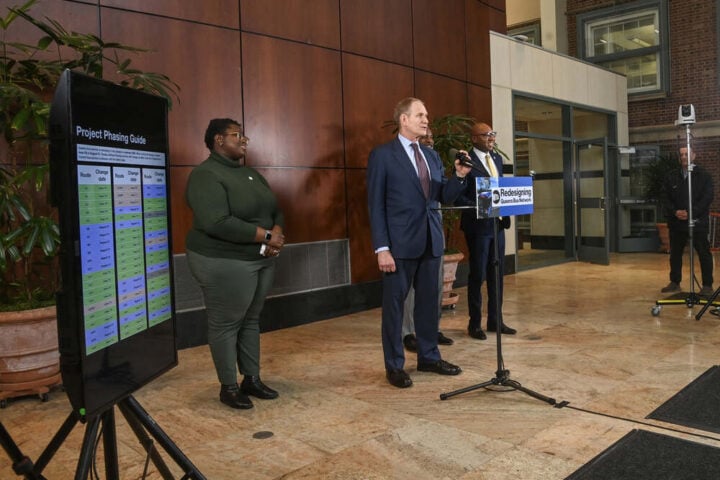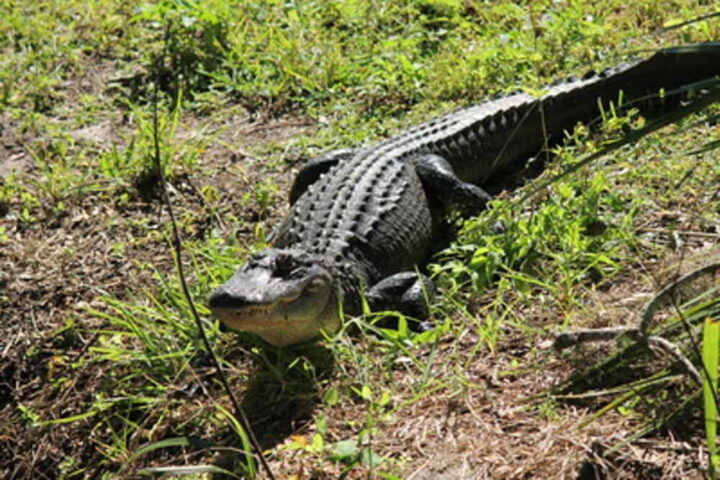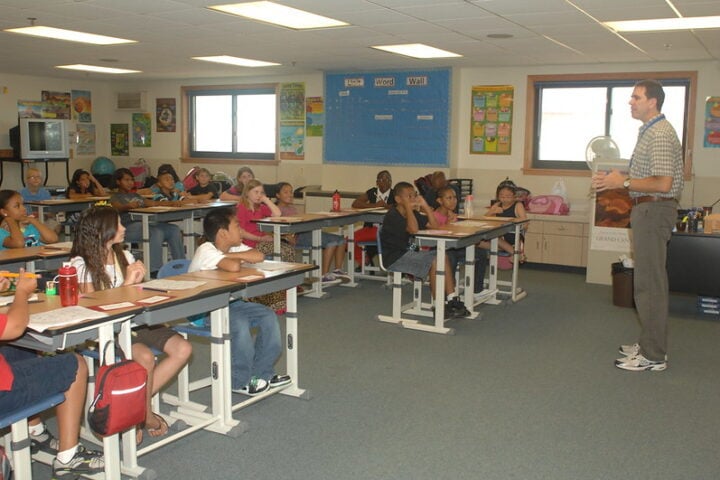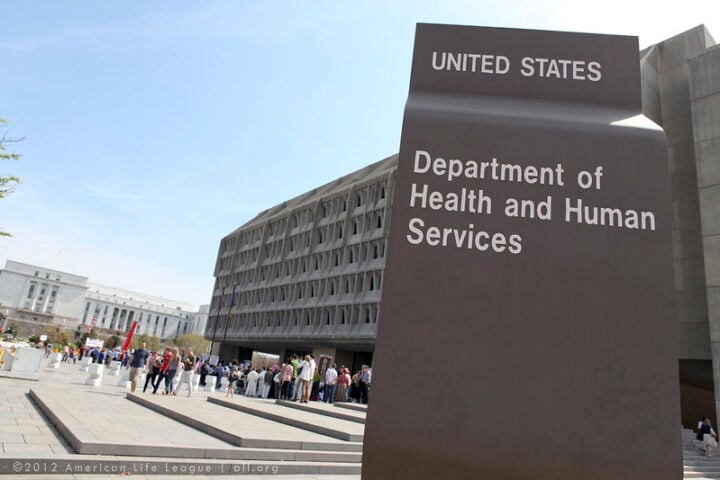In the heart of America’s Great Plains, a recent study has unveiled a startling truth: Oklahoma’s Native American communities are facing a disproportionately high risk of severe weather events. This revelation, emerging from the University of Oklahoma’s latest research, signals an urgent need for attention and action.
The study, led by hydro-meteorology-climatology and remote sensing professor Yang Hong, paints a vivid picture of the escalating risks. By the century’s end, Native Americans in Oklahoma are projected to experience a 501.1% increased risk of heavy rainfall. This figure startlingly surpasses the state’s general population risk by 68%. Furthermore, the risks of two-year floods and flash floods are projected to skyrocket by 632.6% and 296.4%, respectively, each significantly higher than risks faced by the wider population.
Hong’s research compels us to reflect on the broader implications. “Indigenous communities are grappling with an imminent climate crisis compounded by systemic injustices,” Hong remarked. This statement not only underscores the gravity of the situation but also highlights the intersection of climate change with historical and ongoing social disparities.
Similiar Posts
Farina King, an associate professor of Native American Studies, echoes the need for a unified response. She stresses the importance of “collaboration among Indigenous peoples, diverse communities, and scholars across the sciences and humanities.” This interdisciplinary approach is pivotal in addressing such multifaceted issues.
The study goes beyond numbers and models. It brings to light the real-life scenarios faced by Native communities – stories of homes and livelihoods threatened by the increasing frequency and intensity of floods and heavy rains. It’s a human story of resilience and vulnerability, of a people deeply connected to their land now facing unprecedented challenges.
The study’s methodology is worth noting. By integrating regional climate models with flash flood forecasting models, the researchers have provided a nuanced, detailed analysis of future climate extremes. This comprehensive approach ensures that the study’s predictions are not only accurate but also highly relevant to the communities at risk.
Despite the grim projections, the study offers a beacon of hope. It lays the groundwork for Native American leaders to develop effective disaster risk reduction plans. The research’s forward-looking nature suggests that, with timely and appropriate actions, the worst impacts of these changes can be mitigated.
